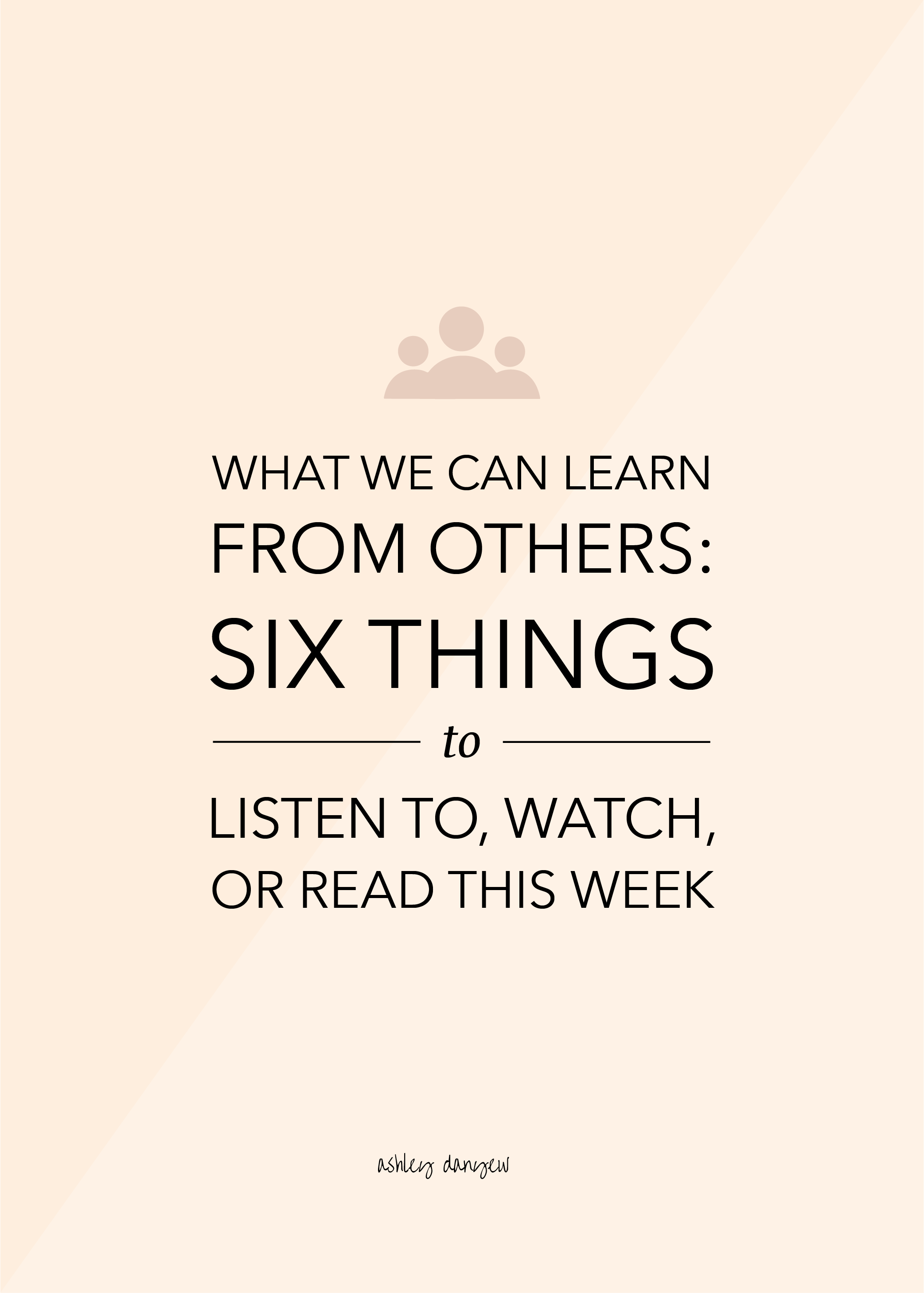
Growing a church music program is an important part of what we do as directors and leaders. In building a program, we’re building a place where people of all ages and walks of life can come and learn and grow. We’re creating a safe environment for them to explore and discover and feel loved and supported and encouraged.
Most of you likely inherited your church’s choir program and are building year to year on that foundation. Others of you might be starting from scratch—building a program from the ground up.
Either way, we’re always building, right? Trying new things, finding new things to offer, creating new opportunities for people to come and grow in their faith and knowledge of God, learn about music and develop musical skills, and find new ways to connect to worship.
Some of our biggest challenges as church musicians are recruiting people to be part of the ministry work we do and sustaining that ministry for years to come.
Sound familiar? If so, this post is for you!
Today, I’m sharing five effective tips and strategies for recruiting for your church ministry and outlining several things you can do to help sustain your ministry, now and in the future.

















